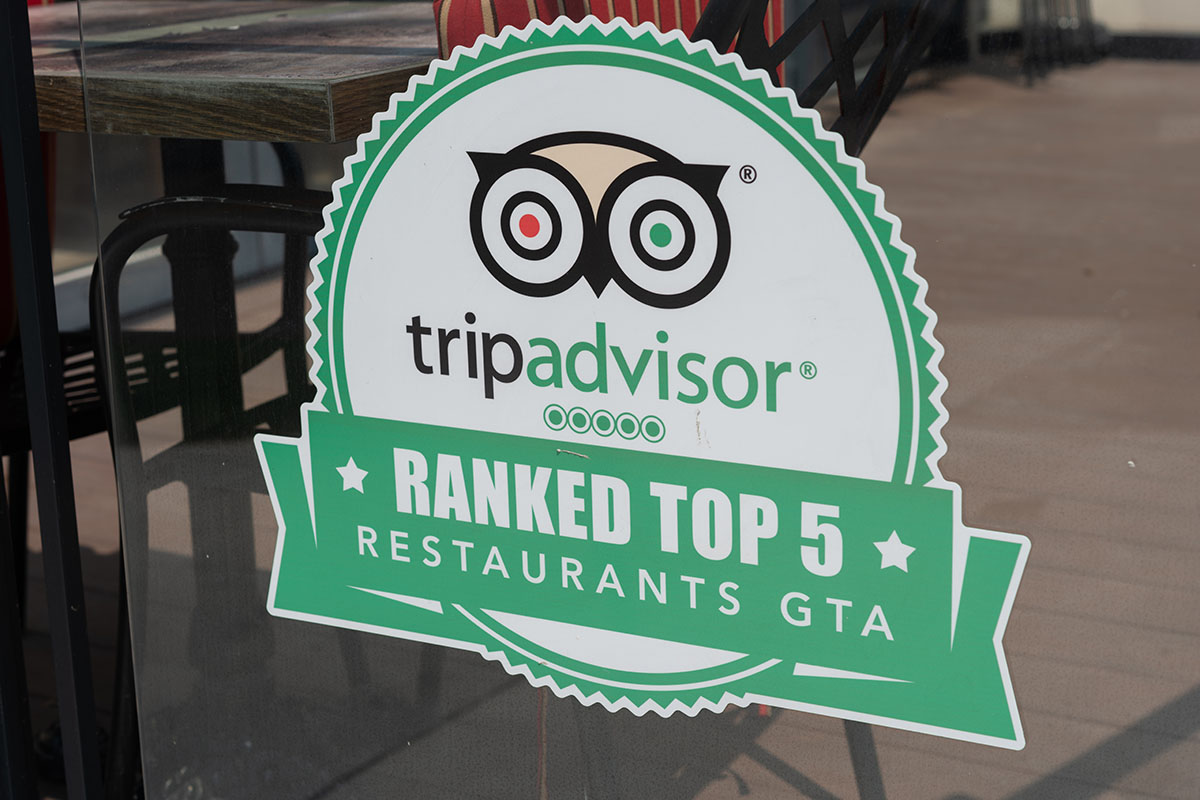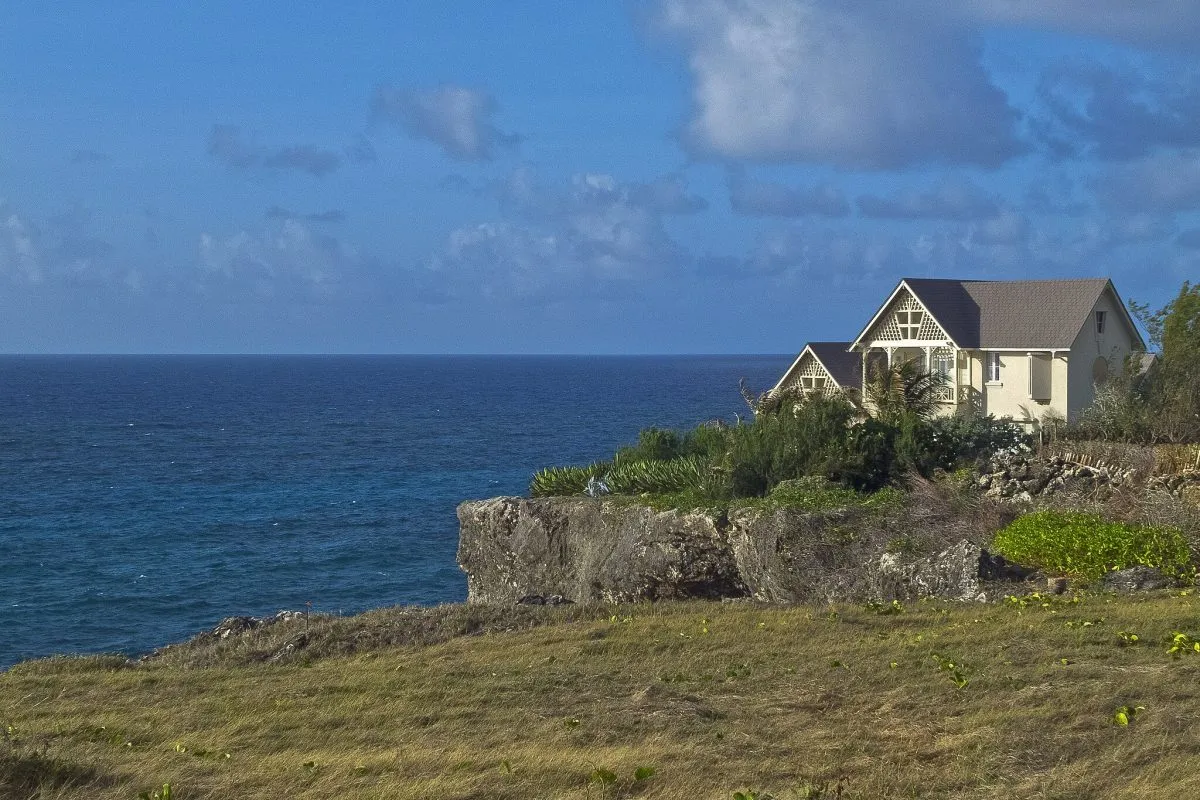Venezuelan Travel Agencies Get Creative in Reinventing Themselves After Very Tough Year

Skift Take
 Editor's Note: Skift has launched a new series, Gateway, as we broaden our news coverage geographically with first-hand, original stories from correspondents embedded in cities around the world.
Editor's Note: Skift has launched a new series, Gateway, as we broaden our news coverage geographically with first-hand, original stories from correspondents embedded in cities around the world.
We start with regular reports from Beijing, China, and Singapore, and today add Caracas. Look for us to add other cities, many in major hubs, around the world shortly. Gateway Beijing and Gateway Singapore, for example, signify that the reporters are writing from those cities although their coverage of the business of travel will meander to other locales in their regions. Read about the series here, and check out all the stories in the series here.
In the midst of a financial crisis, Venezuelan travel agencies are trying to reinvent themselves.
Travel agencies in Venezuela report that 2016 was the worst year in the last decade. Yet a shift in the business model has allowed them to cope with discouraging sales figures and sustain operations.
“We manage to keep working, but we do not have profits," says Dante Salvatorelli, president of the Venezuelan Tourism and Travel Agencies Association. "We’re surviving. Our hope is that the situation in the country will be normal and stabilize, which is why agencies have not closed, although many have had to reduce staff.”
The government’s restrictive U.S. dollar exchange policy, in effect since 2003, and a 30 percent decline in Venezuelan consumer purchasing power (as stated by the economic research firm Ecoanalítica) have made it harder for many travel agencies to remain in business.
“If you do not have reserve capital funds, you can’t continue operating," says Susana Mawad, director of the travel agency Escala. "The number of passengers has dramatically decreased. Up to three years ago, a company could manage 200 reservations per day; now we do not even reach 10 percent of that.”
“Due to the crisis in Venezuela, traveling is of secondary importance for people," Mawad says.
In 2016, the number of seats offered for international flights decreased 60 percent, which hampers agency operations. The cause, as reported by the International Air Transport Association, is that since 2014 seven foreign airlines have suspended flights to Venezuela due to falling consumer demand and the inability to repatriate $3.8 billion. To make matters worse, government controls over the exchange and accessibility of U.S. dollars forces travel agencies and airlines to sell tickets for international travel in local currency, the VEF, which has limited the offerings since it is unprofitable to do so.
In their attempt to overcome these challenges, many travel agencies have stopped using their Venezuelan booking systems and now partner with agencies operating abroad where U.S. dollars are more readily available. “It is not a profitable scheme because it creates additional costs, but at least it allows us to continue selling and serve our customers who want to travel to international destinations,” says Salvatorelli.
Despite these partnerships, however, sales of international tickets dropped by 60 percent in 2016. Venezuelans must have access to other payment methods in dollars to be able to purchase tickets and not everyone has access to these methods.
Another survival strategy for Venezuelan travel agencies is to alter their services and to refocus their market niches. Most agencies have started to sell tickets in local currency for regional destinations (such as Panama, Bogota, Punta Cana, Aruba, Curaçao, and Miami, which are routes covered by Venezuelan airlines) but they only represent 10 percent of the total market.
Agencies have also broadened their client portfolio. A year ago DViage was a wholesale company that provided services primarily to travel agencies. Ruth Lozada, booking and sales manager, said that in 2014 the number of agencies the company served decreased by 90 percent so in order to compensate, they began targeting travelers directly.
Today, direct customer bookings represent 95 percent of its market.
“Passengers contact us with or without a ticket and we confirm their reservations," Lozado explains. "Expanding to travel consumers has allowed us to stay in business. Our operating expenses are not high. With a phone and good Internet connection that allow us to quote and confirm services, we are able to continue working.”
Despite these initiatives, however, according to Julio Arnaldes, director of the Venezuelan Association of Wholesalers, Tour Operators and Representation Companies, agencies are just serving 15 percent of the market. Whether it is wishful thinking or renewed purpose, travel agencies claim that now, more than ever, they are focused on providing quality service.
“The important thing is to serve customers’ needs and advise them regarding their travel options, especially at a time when there are fewer flights and fewer seats available on flights,” says Mawad. “Anyway, the tourism industry is very dynamic and opportunities arise, even in a crisis.”
An experienced business journalist, Zayira Arenas is chief editor, covering the economy and politics, for El Nacional in Caracas, Venezuela.





